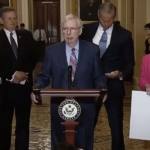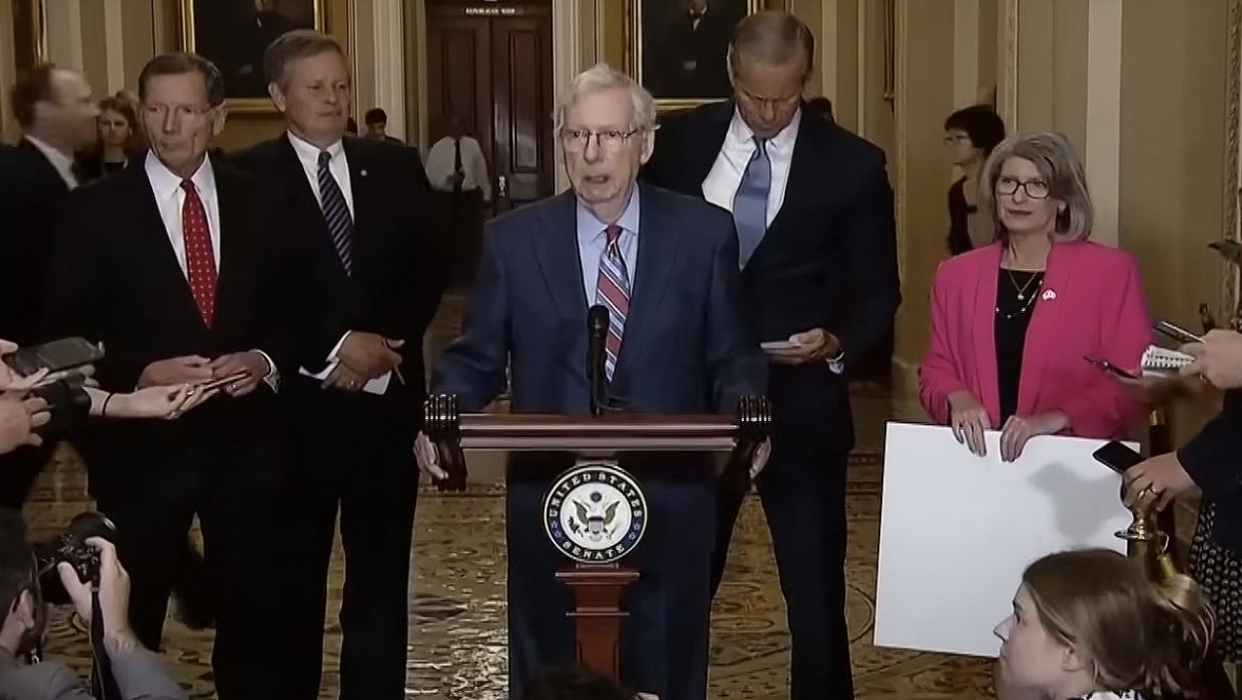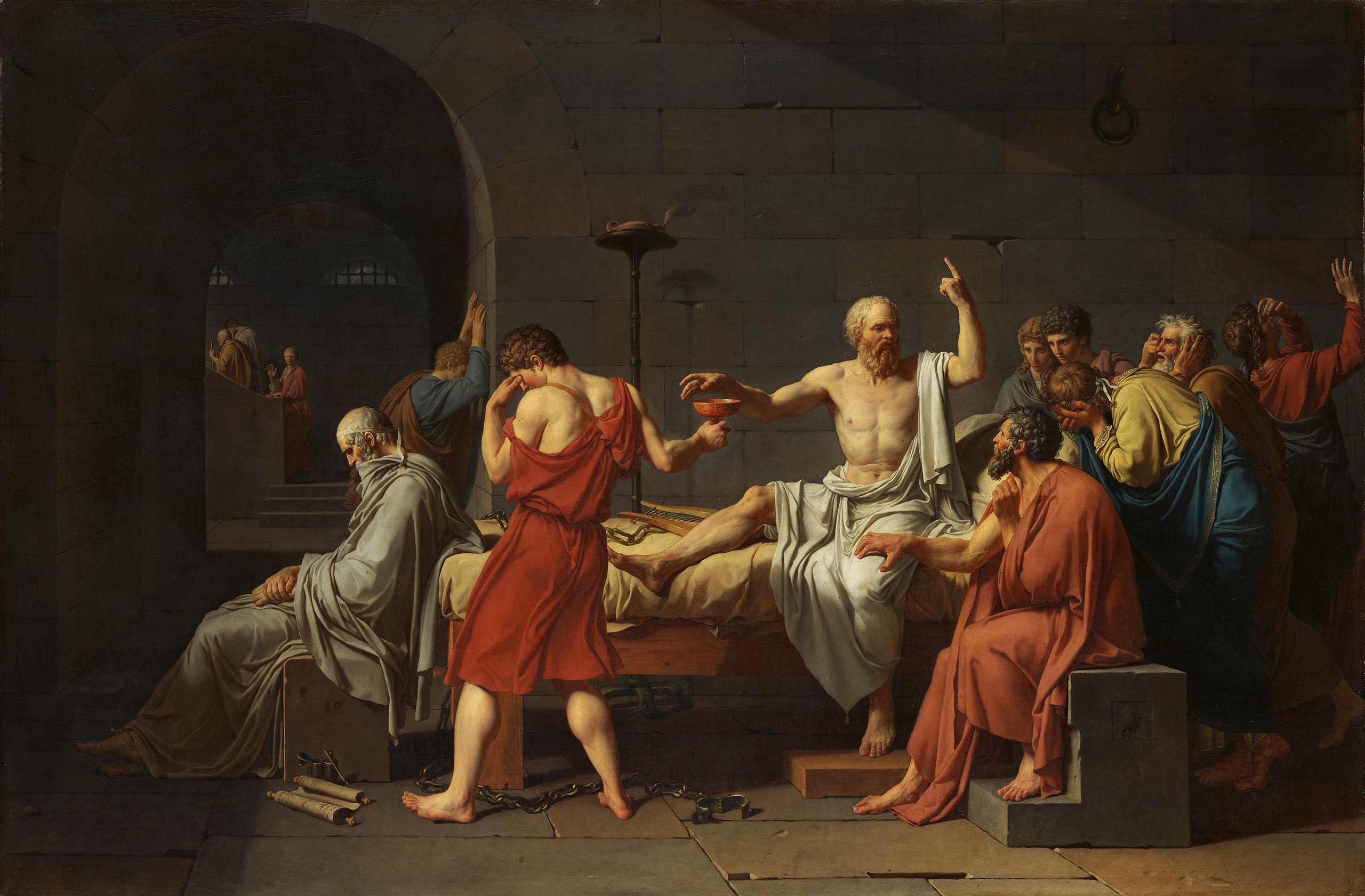Jeffrey Schneider
-Assistant Professor of English-
From a teacher’s perspective:

In her 1977 convocation address to Douglass College, Adrienne Rich instructed students to claim their educations by taking themselves and their professors seriously. She said, “If university education means anything beyond the processing of human beings into expected roles, through credit hours, tests and grades, it implies an ethical and intellectual contract between teacher and student.” In terms of the relationship between professors and students, the key element is developing a mutual respect for this ethical and intellectual contract by creating a classroom in which both parties take their responsibilities seriously and work consistently to create an enriching learning environment.
In my many years of teaching, I have come to understand students do not always have a clear sense of what we professors expect in our classrooms. I have had students argue with me over grades because they felt if they did the work and came to class, they deserved a certain grade—often one much higher than their performance merited. I have even had students either suggest or state outright they paid for their courses and by extension my services and therefore deserve a better return on their investment. More commonly, students argue they should not be penalized for missing class or not being prepared because if they can do the work without coming or reading, what’s the point?
I cannot presume to speak for all my colleagues, but I can speak to certain general expectations many of us share. First and foremost, we want students to engage with our courses. To do so, students must take their courses seriously and come prepared to participate on a daily basis in the academic discourse communities professors attempt to create. The notion of an academic discourse community is central to our discussion.
In college, we ask students to enter a conversation about important ideas with not only us but with their fellow students. Why the insistence on preparation and participation? Students cannot enter a conversation without sharing a common vocabulary and ideas, which can only be achieved if they do the reading and work assigned. Students cannot enter a conversation unless they are willing to speak to their professors and the other students, and they cannot enter a conversation if they are not in class.
If students view education as nothing more than a list of courses with “preferred grades” that becomes a passport to future jobs, they need to re-examine the purpose of an education and what they hope to achieve when they leave college.
The point from my perspective is this: students should not see education as a fixed product for which they have paid but as a process in which they have invested their time and efforts. The more students put into the process, the more they will receive in return. Education is a means of becoming well-rounded, critically thoughtful participants not only in the academy but also in daily life. This process ultimately enriches the academy and the world outside, and we all benefit.

Patrick Olds
– Opinion Editor –
A student’s perspective:
A student’s relationship to their professor is unique and potentially tenuous. On one side of the aisle—a teacher is necessarily professional while on the other hand the student is pushed in the opposite direction. A student is in the process to learn how to be a professional. A student does not necessarily act as such during his education.
The outcome, of course, is a potentially tenuous relationship because the teacher or professor expects an adult relationship while the student will do what they have to in order to attain the preferred grades.Students crave these grades because they have such a higher meaning in our culture then does actual knowledge. Students understand current realities and will ignore the theory behind the ideal theoretical relationship between a student and a teacher.
The main points of tension that exist center around class participation, busy work, and most of all, attendance policies. Many students feel they can acquire the same amount of knowledge by not opening their mouths during any given class period –the same as someone who could talk every single class. Teachers prefer student participation, if not require it. Teachers prefer an active participation, because for many, that’s why they became teachers.
Busy work, by student definition, is work assigned to keep a student on task in order to burn time. Students have an intuition about most teachers and realize who is talking out of the side of their mouth and who is capable of having a higher level critical thinking discussion. There is a difference: students are more willing to attend class when they have an engaging, thought-provoking teacher as opposed to someone, who by all measures, does not fit the requirements of a real teacher.
Other tip-offs to an uncomfortable or ill-prepared professor are textbook-prepared PowerPoints, denial of questions, and poor body language. Textbook-prepared PowerPoints are one of the most embarrassing tools a teacher can utilize. Students can see right through a lazy teacher. Secondly, whenever valid questions are raised during class, the teacher will either deny a response to or humiliate the individual student for asking it. Most of all, though, if the teacher does not want to be there, it shows through bad body language and students will never become motivated for that specific class if the one teaching the subject can’t even get into it.
Lastly, the attendance policy has many students up in arms over the idea that in order to pass a class, a student must attend most if not every class period. This seems ridiculous if a student can do the work and pass the tests without having to be physically present.
Necessary questions are needed for this debate. What happens to the student’s investment when a teacher misses class? Are the teachers reprimanded or does nothing happen to them? Are they held administratively responsible? If there is an implied contract then must it be broken if ever the professor ever is absent? Answers to these questions are what students crave.











